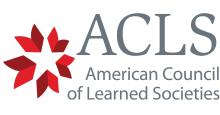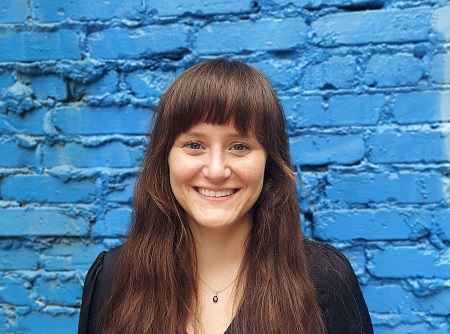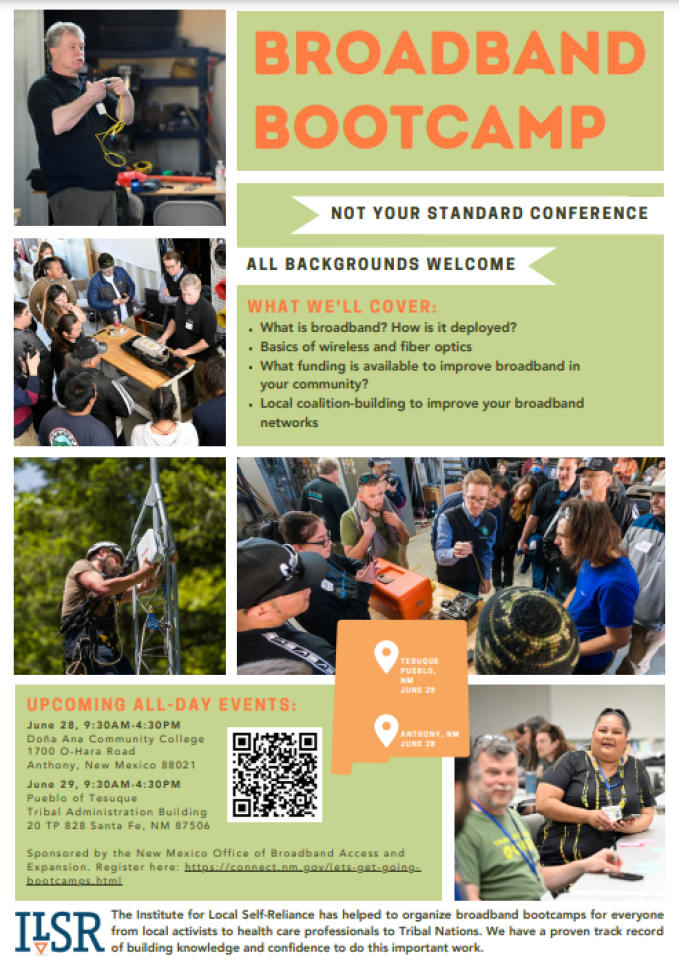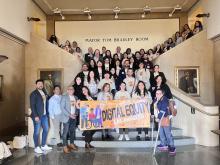Marvin Venay Takes Tech Home in Boston - Building for Digital Equity Podcast Episode 14
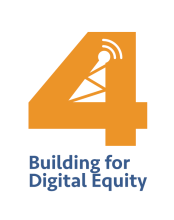
Marvin Venay is the Chief Advocacy Officer for Tech Goes Home in Boston, a digital equity organization that has been building tech skills and working on the digital divide for longer than most. Sean Gonsalves talks with him about their process, how they continued to thrive even after the BTOP money dried up years ago, navigating the pandemic, expanding further into Massachusetts, and their future plans.
This show is 19 minutes long and can be played on this page or using the podcast app of your choice with this feed.
Transcript below.
We want your feedback and suggestions for the show-please e-mail us or leave a comment below.
Listen to other episodes here or see other podcasts from the Institute for Local Self-Reliance here.
Thanks to Joseph McDade for the music. The song is On the Verge and is used per his Free-Use terms.


